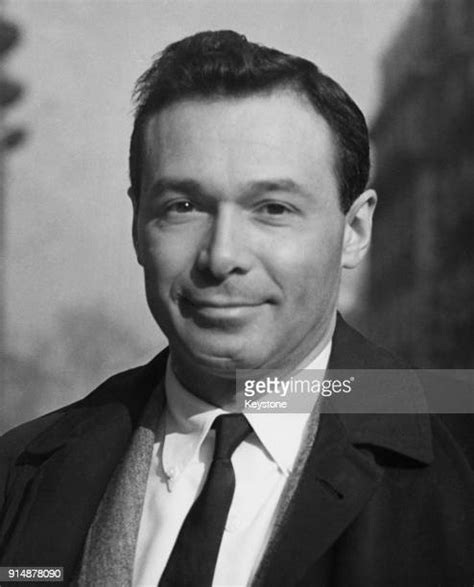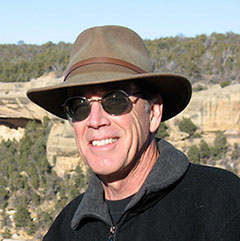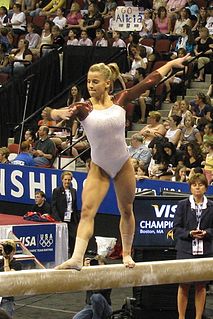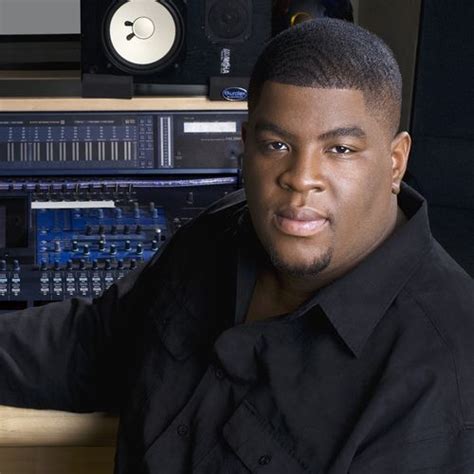A Quote by Lynne Tillman
I think the major device for me is that narrator's voice. I'm always trying to find a different kind of form to tell whatever story it is, and I wish that weren't so, because it drives me crazy.
Related Quotes
In fiction the narrator is a performance of voice, and it can be any style of voice, but I'm interested in the ways that a voice that knows it's telling a story is actually telling a different story than it intends to. In the way that I can sit here and tell you what I had for breakfast, but I'm really telling you that I'm having an affair, something like that. And I don't think my writing is plain, but I think a lot of my characters are just talking. There is vulnerability there, in that we can start to see through them, we can start to see where they're deceiving themselves.
In a sense my whole life as a writer is trying to find structural ways, or formal ways, to permit that outflowing so it doesn't just look like crazy output. In other words, if it turns out that you can do a given voice, that's just kind of inclination. But then if you can find a way to put that voice in a story so that the voice serves a purpose, then I would say that's being a writer.
When you work in form, be it a sonnet or villanelle or whatever, the form is there and you have to fill it. And you have to find how to make that form say what you want to say. But what you find, always--I think any poet who's worked in form will agree with me--is that the form leads you to what you want to say.
I know that my tendency is to be linear, and I'm trying to find ways to subvert that. And so in 'Bellocq's Ophelia' my device for subverting it was to tell the story and then to tell it again; it always circles back to this one moment, and it's not linear, but it's round in that way, and much of 'Native Guard' is like that.
Vera said: 'Why do you feel you have to turn everything into a story?' So I told her why: Because if I tell the story, I control the version. Because if I tell the story, I can make you laugh, and I would rather have you laugh at me than feel sorry for me. Because if I tell the story, it doesn't hurt as much. Because if I tell the story, I can get on with it.
From what my friends tell me, apparently some guys can be pretty intimidated by me when they find out what I do. I find it funny because I try to be modest and I don't like to talk about gymnastics unless I am asked about it. But my roommates always take on my bragging rights and tell my life story to the guys we meet, which leaves me blushing.
I think everyone has a story to tell. Part of what I do is help artists find their voice, not only their vocal voice, but their writing voice. Every artist that I worked with who has those records that everyone talks about, they are also writers. I like to say I helped support whatever their writing was so people heard the song clearly.
It drives me crazy to do readings of my books, because if I read anything I've written in the past, I'd like to almost rewrite everything. If I could, I'd completely rewrite Fargo Rock City, and every sentence would be just slightly different. In all likelihood, most of them wouldn't be any better. Some of them would just be changed back to whatever form they used to be, before I second-guessed myself the first time.







































